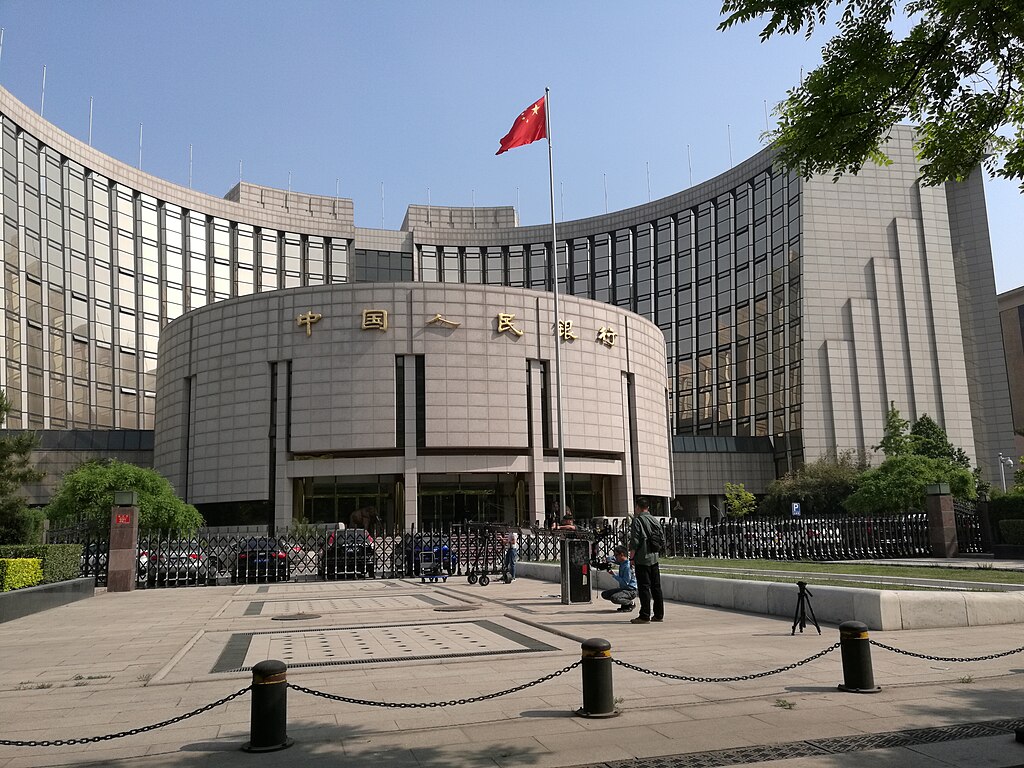
Patrick Bixby
Associate Professor of English, Arizona State University
Patrick Bixby (he/him/his) is an associate professor of English in the New College of Interdisciplinary Arts and Sciences at Arizona State University.
After earning a BA in psychology from the University of California, Los Angeles and a MA in English from California State University, Long Beach, Bixby completed his PhD in English at Emory University in 2003. He served as visiting assistant professor of literature at Claremont McKenna College for one year and then joined the faculty of ASU’s New College, where he has held a number of posts. In 2017, after directing several graduate programs and then serving as director of graduate studies for the college, he took a role building partnerships between the university and Arizona tribal communities, as well as other universities around the globe. Most recently, in 2021, he became the program lead for the BA in Disability Studies. In addition to these duties, he currently serves as vice president of the Samuel Beckett Society and resident director of the USAC summer school program at NUI Galway.
Bixby's scholarly interests span a variety of fields, including Irish studies, modernist studies, postcolonial theory and criticism, Continental philosophy, and issues of travel, mobility, and the body. He teaches courses in these fields and in the history of the novel, the history of film, the history of literary criticism, twentieth-century thought, postmodernism, and methods of interdisciplinary research.
His essays have appeared in journals such as Modernism/Modernity, Modernist Cultures, Irish Studies Review, and the Journal of Beckett Studies, as well as in collections such as A History of Irish Modernism (Cambridge UP, 2019), A History of the Modernist Novel (Cambridge UP, 2015), Beckett in Context (Cambridge UP, 2013), and Beckett and Ireland (Cambridge UP, 2010).
Bixby's latest book, License to Travel: A Cultural History of the Passport (U of California P, 2022), investigates the unyielding paradox of the document: even as it promises independence and mobility, escape and safe haven, the passport also serves as an essential tool of government surveillance and state power, purportedly assuring homeland security and the controlled movement of individuals across national boundaries. The study investigates this paradox by drawing on a range of sources, including literary history and modern art, archival documents and contemporary journalism, international law and theories of cosmopolitanism.
New passport rankings show that the world is opening up – but not for everyone
Jan 25, 2023 04:40 am UTC| Economy Insights & Views
Salman Rushdie, the celebrated Anglo-Indian writer, once declared that the most precious book he possessed was his passport. Rushdie had already published dozens of works, including novels, short stories, essays and...
- Market Data



































